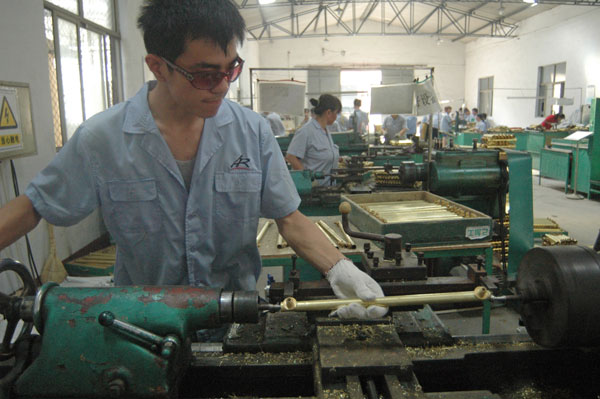What tangible opportunities and challenges will the "one belt and one road" initiative bring to China, its neighboring countries and the world?The tangible opportunities are mainly centered on infrastructure and transport related elements; the building of roads, highways and upgrading of ports to increase the flow of people and goods, and enhance connectivity along the "Belt and Road". The main challenges for China are mainly security related issues in areas along the "Belt and Road" that are unstable (Middle East, Pakistan), and to safeguard the safety of goods and people using and traversing these parts of the "Belt and Road". Another key challenge that is often overlooked is the ‘managing of expectations', a lot of countries along the "Belt and Road" are still uncertain what the implications of "Belt and Road" are. It is for the Chinese government a huge task to manage expectations and provide clarity to host governments and their public about the conditions of their activities. Public opinion is in many cases anti-Chinese, and bad communication regarding "Belt and Road" can therefore easily backfire.
What influences will the "Belt and Road" development strategy have on cultural exchanges between China and other countries? Do you have any suggestions for promoting such cultural exchanges?
I truly believe the promotion of cultural exchanges should be an integral part of the "Belt and Road" initiative (if not at the forefront). Despite maybe not being strategic in the pure political or economic sense, it should be the foundation from which the One Belt One Road initiative turns into a global success. For me the One Belt One Road is about more than just infrastructure building and the enhancement of intra-regional trade. I see it moreover as a grand ‘Social Project' in which people from different regions, social classes, religions and cultures get a better chance to interact, understand each other, learn to appreciate the differences that exist and aspire to improve mutual understanding.
One of the crucial elements to turn the "Belt and Road" initiative into a global and inclusive success is good and clear communication by the Chinese government, and this is linked to the ‘manage expectations' in the countries along the Maritime Silk Road and Economic Belt (which I mentioned before). Creating a platform for the interaction of people and facilitating cultural exchanges destination is of great importance to enhance the mutual contact between Chinese people, Chinese ideas and those expectations and ideas that persist amongst people in Europe, Central Asia and Africa regarding the implications of the "Belt and Road" initiative. The civilizational aspect of Xi Jinping's plans should not be underestimated; public perceptions (public image) in the countries along the New Silk Road will make the "Belt and Road" initiative into a success or failure. Tourism and other ‘people to people exchanges' are (and should be) a great vehicle to enhance mutual understanding, appreciation, and to clarify ideas and the intentions of "Belt and Road". Also such initiatives as the Visiting Programme for Young Sinologists in which I participated are very valuable to tighten the cultural links between Chinese stakeholders and third countries.











